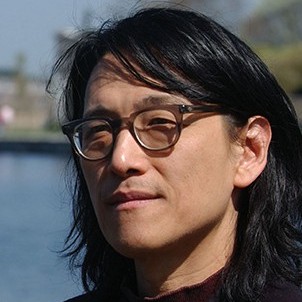Look at the birds. Even flying
is born
out of nothing. The first sky
is inside you, open
at either end of day.
The work of wings
was always freedom, fastening
one heart to every falling thing.
Published:
2001
Length:
Shorty
Literary Movements:
Contemporary
Anthology Years:
Themes:
Joy & Praise
Nature
Literary Devices:
Caesura
a break between words within a metrical foot
Enjambment
a line break interrupting the middle of a phrase which continues on to the next line
Metaphor
a comparison between two unrelated things through a shared characteristic
Metonymy
replacing the name of a thing with the name of something closely associated
Personification
the attribution of human qualities to a non-human thing
Transferred Epithet
When an adjective usually used to describe one thing is transferred to another.

